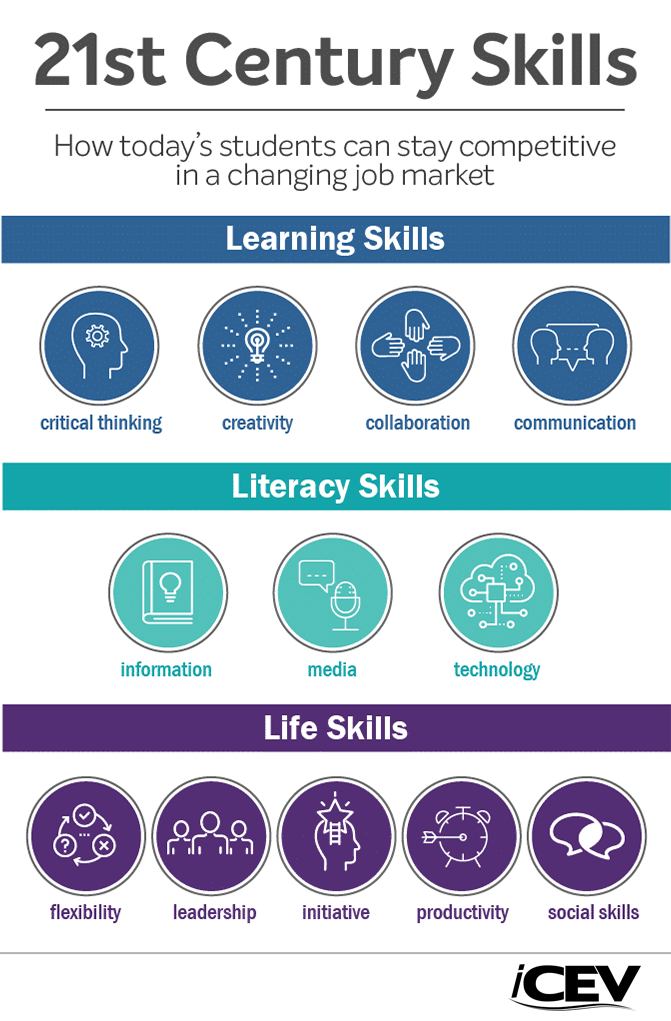How do we learn in the 21st century?
Hello every being with a heartbeat! I hope you are having a great day.
Today’s topic is 21st century learning. Being the century we live in right now, I am going to give you highly beneficial advices as well as some facts about it.
Firstly, let me tell you about the goals of 21st century learning, so that we can have a target to achieve. They help us overcome the difficulties that we face when dealing with 21st century problems. There are four main goals for this type of learning:
1) Life and Career Skills (FLIPS): Flexibility - adaptability, initiative - self-direction, social – cross-cultural skills, productivity – accountability, leadership – responsibility.
2) Learning and Innovation Skills (The Four C’s): Creativity – innovation, critical thinking – problem solving, communication – collaboration.
3) Information, Media and Technology Skills (IMT): Media literacy, information literacy, information and communication technology literacy.
4) 21st Century Themes: Global awareness, financial, economic, business and entrepreneurial literacy.
The words listed after the goals are the skills that we need to acquire or improve. They make our learning, understanding and for teacher candidates teaching easier or better since these are what the century we are living requires us to.
Finally, to acquire these skills, one may follow these strategies so as to get closer to their goals. These strategies not only help us achieve our goal but also helps us improve our personal life, such as our family relations, friendships, romantic relationships.
1) Individual, Pair And Group Tasks, Projects And Activities
2) Peer Teaching And Reviewing (Corrections)
3) Presentations Using ppts, AVs, And Handouts
4) Enactment
5) Questionnaires, Surveys, and other data collection methods
6) Reading, Research And Reference
7) Graphic Organizers And Prompts
8) Negotiating Essential Agreements
9) Mentoring Of Other Learners
10) Assessment For Learning
As much as the teoric part there is a personal part to 21st century learning.Now I will talk about my opinions and experiences, since this is also a personal blog.
Although I was born into technology, as some suggest, I do not consider myself a technologically knowledgeable person. In fact, I have had the impediment of this shortage, such as the times I had to prepare a thorough excel sheet or a cooperative editing document that I had to create, or the presentations and projects that only did the naturally tangible parts.
Yet, I was able to fairly explain myself and communicate accurately, except for the times of rage when I disregarded many things and everything was messed up. However, growing up and making progress in my academic career, I got to learn most of these skills, usually by using these strategies. It was not easy to change myself. Nevertheless, as much as it is the technology century, the 21st century is also the change and adaptation century. Thus, everything that can be done differently and more accurately or conveniently must be changed. Without these skills, one could not build a sturdy future for themselves.
This is the end for this post. I hope you enjoyed reading it.
Have a nice day every being with a heartbeat.


0 Comments
Please, let me know your opinions.